detail profile ren c3 a9 marc

Info Pribadi
Peran Yang Di Mainkan René Marc
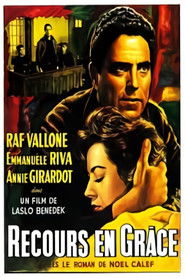 Mario di Donati a deserter from...
Mario di Donati a deserter from...Recourse in Grace 1960
Mario di Donati, a deserter from the Italian army, lives in Paris under a false name with Germaine, his French lover. When the latter learns about his hidden past, she feels hurt by Mario's lack of trust in her and she distances herself from him. In despair, Mario surrenders to the law but, at the time of trial, he runs away to join the woman he loves.
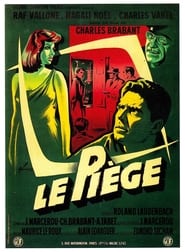 In Provence Father Caill runs a...
In Provence Father Caill runs a...No Escape 1958
In Provence , Father Caillé runs a family pension backed by his daughter-in-law Cora and a maid. The old man persecutes Cora for her assiduity until the day when she, in a particularly violent confrontation, knocks him down before the eyes of Gino, an Italian pensioner of whom she is in love. The two accomplices will try to make up the murder.
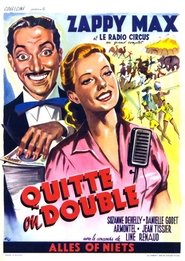 In Bourganeuf an old maid Charlotte...
In Bourganeuf an old maid Charlotte...Double or Quits 1952
In Bourganeuf, an old maid, Charlotte Bourdier, confesses to Marie Chassagne that she has forged a sentimental intrigue by correspondence with the presenter of the Radio Circus, Zappy Max. Marie agrees to meet him when he comes, but she in turn falls in love with him, who confesses his love to her.
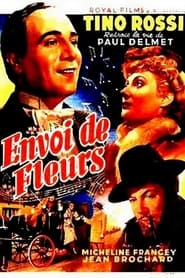 Envoi de Fleurs is based on...
Envoi de Fleurs is based on...Sending of Flowers 1950
Envoi de Fleurs is based on incidents in the life of French composer Paul Delmet. Played by popular French singing star Tino Rossi, Delmet is depicted as a man all too willing to give up personal happiness in favor of blind ambition. After carrying on a romance by correspondence with beautiful young Suzanne (Micheline Francey), Delmet is on the verge of marrying the girl. Instead, he allows himself to be talked out of leaving France to further his own career, with disastrous results for all concerned.
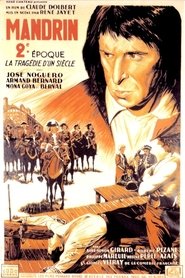 Around 1750 in the Dauphin not far...
Around 1750 in the Dauphin not far...Mandrin (2ème époque) La Tragédie d'un siècle 1948
Around 1750, in the Dauphiné not far from the Swiss border, a cooper, tired of the injustices affecting the peasants crushed by taxes, went into revolt. Louis Mandrin, a handsome fellow without fear and without reproach, puts himself out of the law by refusing to obey the local nobility. The public authorities are tearing their hair out because the man is elusive. Helped by his faithful friends and by two women in love, Mandrin will become a legend.
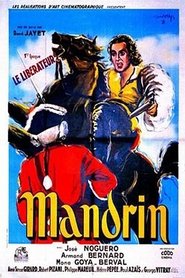 Around 1750 in the Dauphin not far...
Around 1750 in the Dauphin not far...Mandrin (1ère époque) Le libérateur 1947
Around 1750, in the Dauphiné not far from the Swiss border, a cooper, tired of the injustices affecting the peasants crushed by taxes, went into revolt. Louis Mandrin, a handsome fellow without fear and without reproach, puts himself out of the law by refusing to obey the local nobility. The public authorities are tearing their hair out because the man is elusive. Helped by his faithful friends and by two women in love, Mandrin will become a legend.
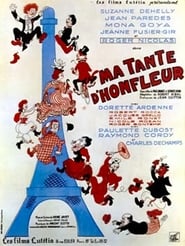 A young man leads a happy...
A young man leads a happy...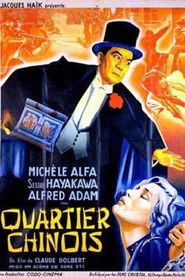 In a Far Eastern town a...
In a Far Eastern town a...